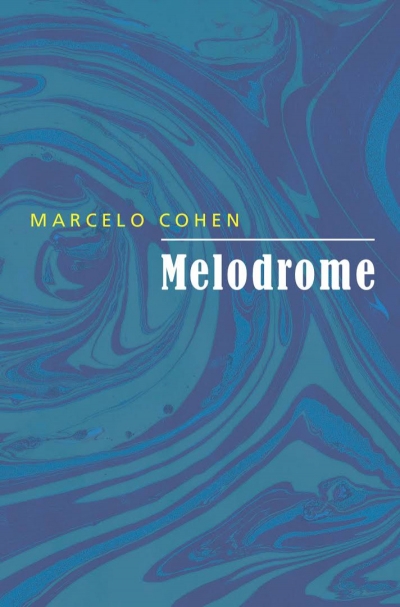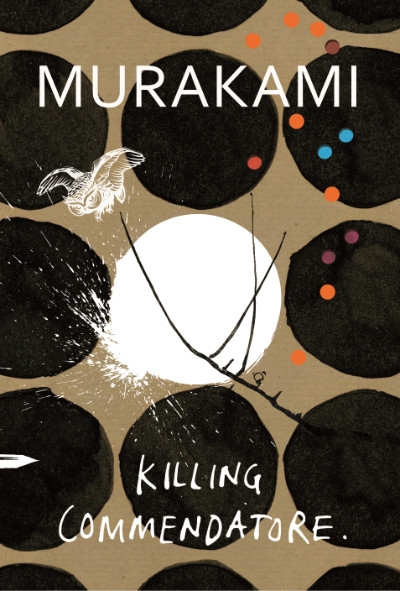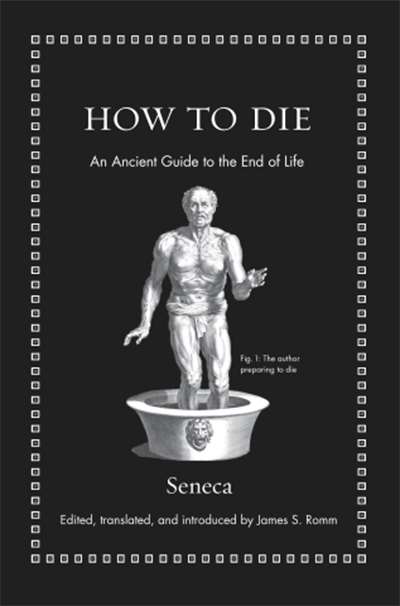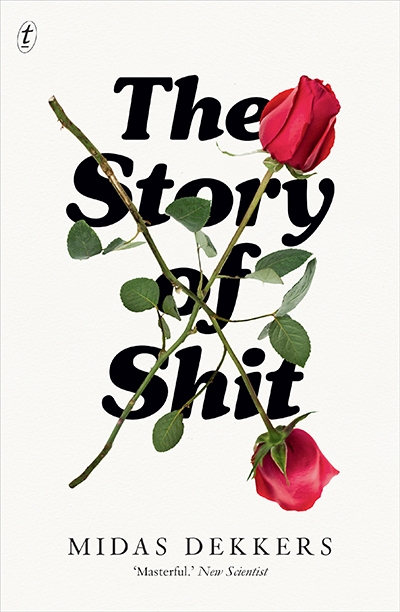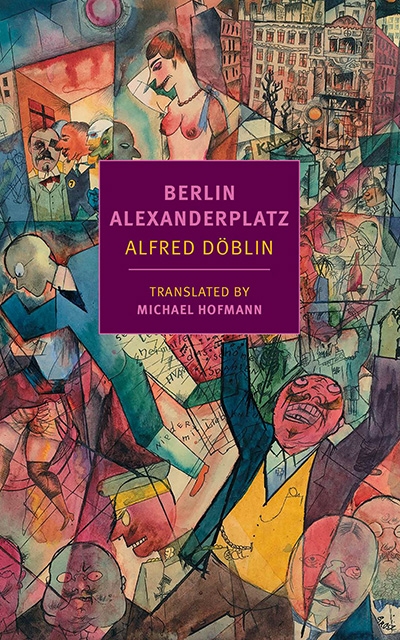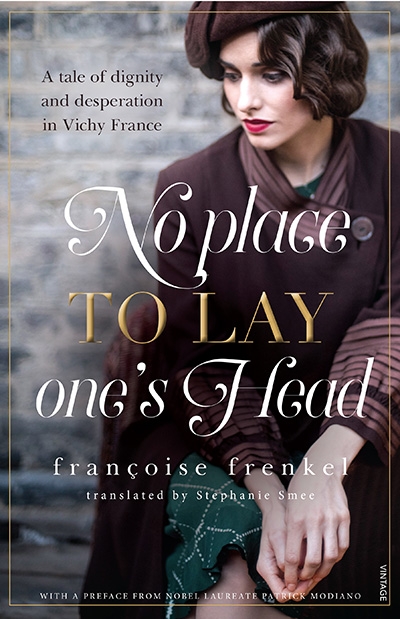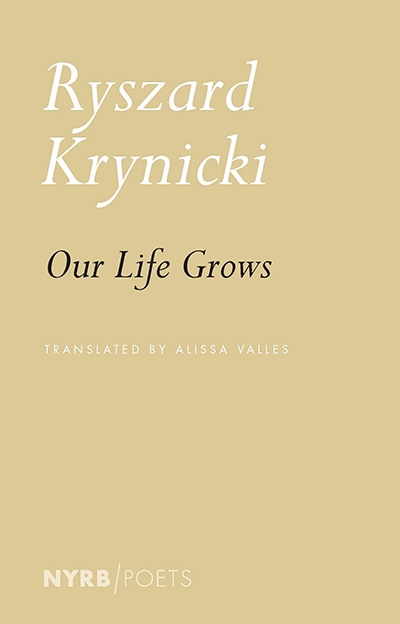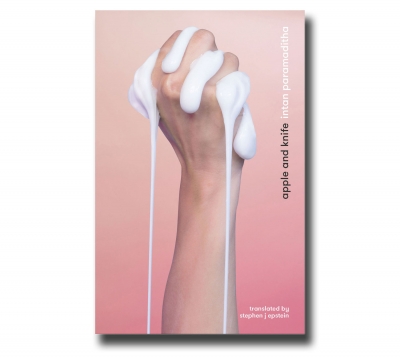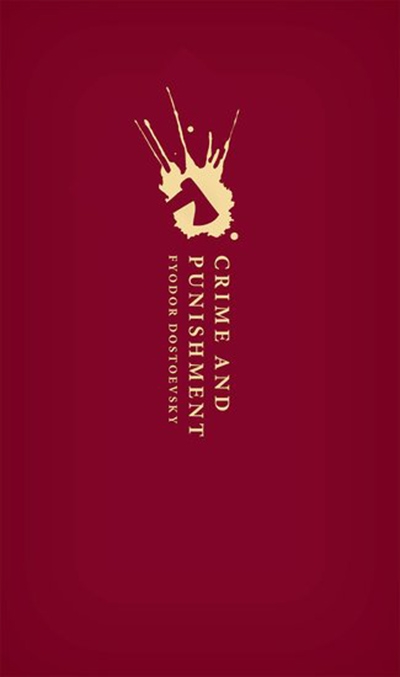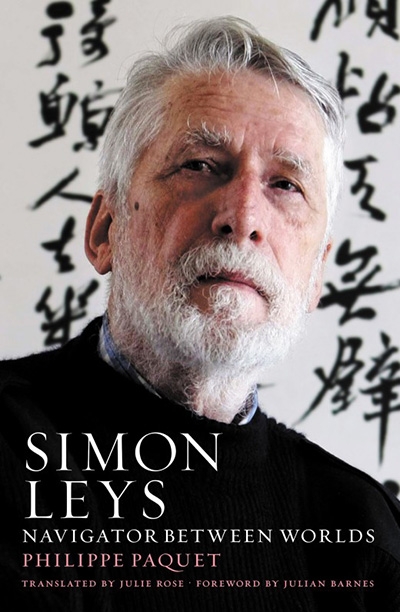Translations
‘I didn’t realise I was becoming untranslatable,’ Marcelo Cohen confessed after the publication of his eleventh novel, in an interview with Argentine newspaper Clarín. ‘And when I did realise, it was already too late.’ Given that Cohen is himself a renowned translator – the list of authors he has translated into Spanish ...
... (read more)Killing Commendatore by Haruki Murakami, translated by Philip Gabriel and Ted Goossen
There is a running joke in Japan that autumn doesn’t start each year until Haruki Murakami has lost the Nobel Prize for Literature. Most recently, in 2017, he lost to Kazuo Ishiguro, who was born in Japan but is now a British citizen. To date, two Japanese writers have been awarded the prize ...
... (read more)How to Die: An Ancient guide to the end of life by Seneca, edited and translated by James S. Romm
Studies of the ancient Mediterranean are increasingly popular. Once a privilege of the élite, whose schools prepared predominantly male students for tertiary study of Greek and Latin, Classics now has a much wider audience. This is partly the result of scholars such as Mary Beard (recently the recipient of a damehood) who ...
... (read more)The Story of Shit by Midas Dekkers, translated by Nancy Forest-Flier
‘People who write books about shit are regarded with suspicion,’ declares Dutch biologist and writer Midas Dekkers. But like the dung- beetle-worshipping ancient Egyptians before him, Dekkers understands a fundamental truth: ‘The world is round and held together by shit.’ ...
... (read more)Berlin Alexanderplatz by Alfred Döblin, translated by Michael Hofmann
Revered in Germany as one of the founders of literary modernism, the equal of Robert Musil and Thomas Mann, Alfred Döblin (1878–1957) has remained something of a mystery to English readers. Some are aware of Berlin Alexanderplatz: The story of Franz Biberkopf, translated by Eugene Jolas soon after its appearance ...
... (read more)No Place to Lay One’s Head by Françoise Frenkel, translated by Stephanie Smee
When German forces invaded France on 10 May 1940, the French signed an armistice that facilitated limited French sovereignty in the south, the section of the country not yet overrun by German troops. On 10 July 1940 the French Parliament elected a new, collaborationist regime under former general Philippe Pétain ...
... (read more)Our Life Grows by by Ryszard Krynicki, translated by Alissa Valles
This poem, cited in its entirety, is ‘My Poor Son’ by the Polish writer Ryszard Krynicki, who will be seventy-five years old in June 2018. Likely the finest poet in the generation after Zbigniew Herbert, the dazzling philosopher of modern Polish verse who died twenty years ago, Krynicki was born in a Nazi slave labor camp ...
... (read more)Apple and Knife by Intan Paramaditha, translated by Stephen J. Epstein
There is an observation in the titular story of Indonesian writer Intan Paramaditha’s first collection to be published in English, which can be read as the thematic spine of the book: ‘Sometimes it seemed like there was nothing new to talk about. It was the same old story, repeated over and over, all stitched together.’ This notion ...
... (read more)Crime and Punishment by Fyodor Dostoevsky, translated by Nicolas Pasternak Slater
On its first appearance in Russia, Dostoevsky’s novel 'Crime and Punishment' was the hit of the season. It was serialised throughout 1866 in the journal 'The Russian Messenger'. Nikolai Strakhov, Dostoevsky’s first biographer, described the novel’s effect on the reading public as spectacular: ‘[A]ll that lovers of reading talked ...
... (read more)Simon Leys: Navigator between worlds by Philippe Paquet, translated by Julie Rose
The Belgian-born scholar Pierre Ryckmans, more widely known to the world by his adopted name of Simon Leys, was widely hailed in the Australian press at his death in 2014 as ‘one of the most distinguished public intellectuals’ of his adopted country, where he had lived and taught for many years – first in Canberra, later in ...
... (read more)

